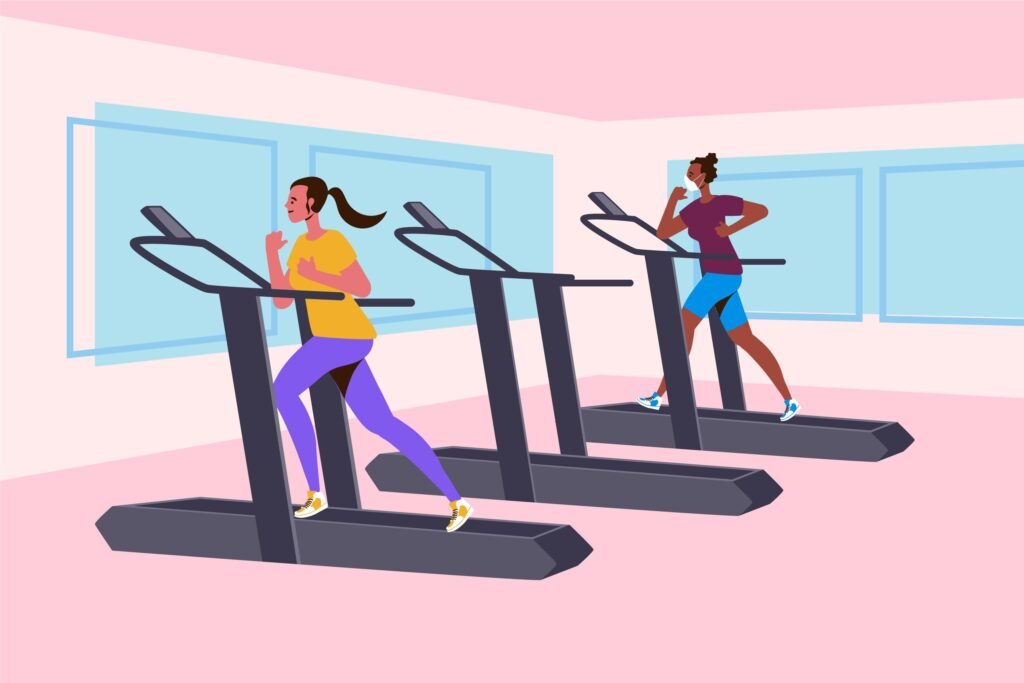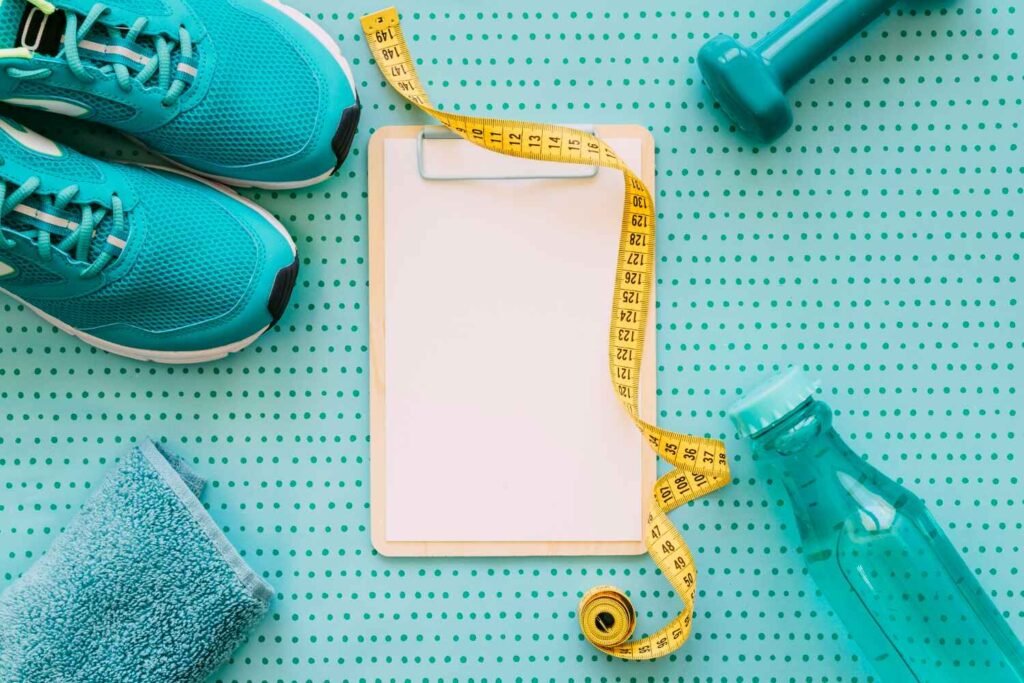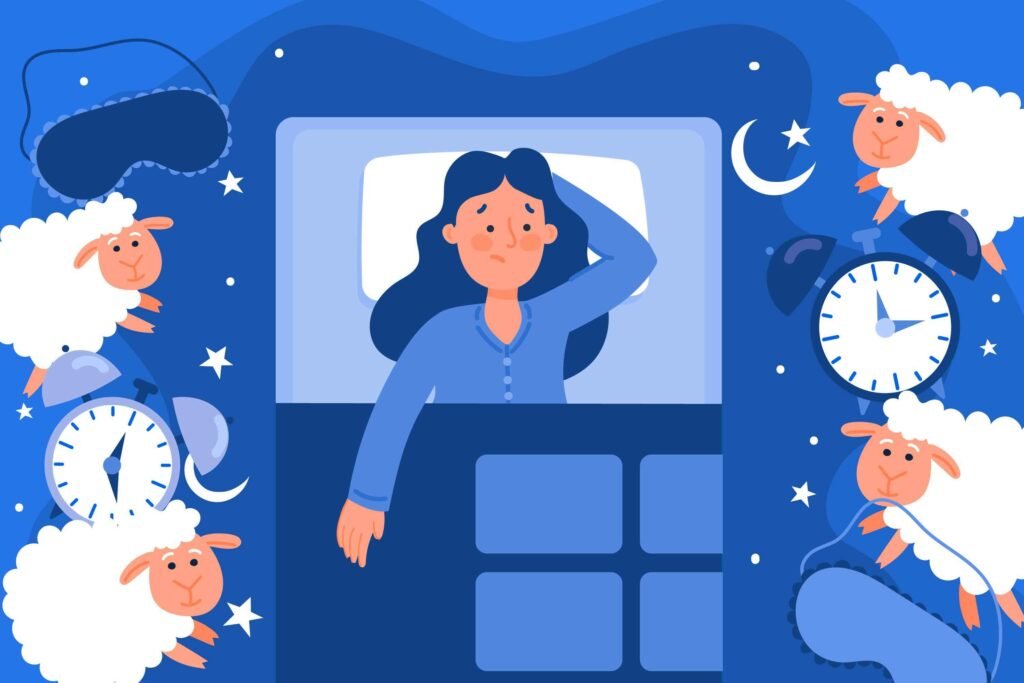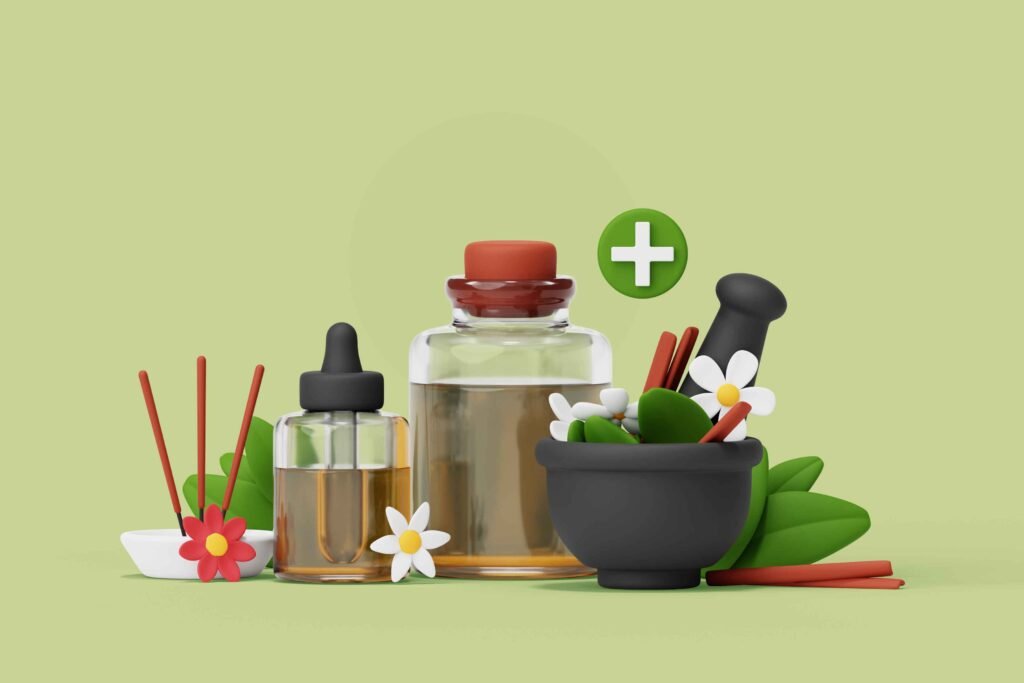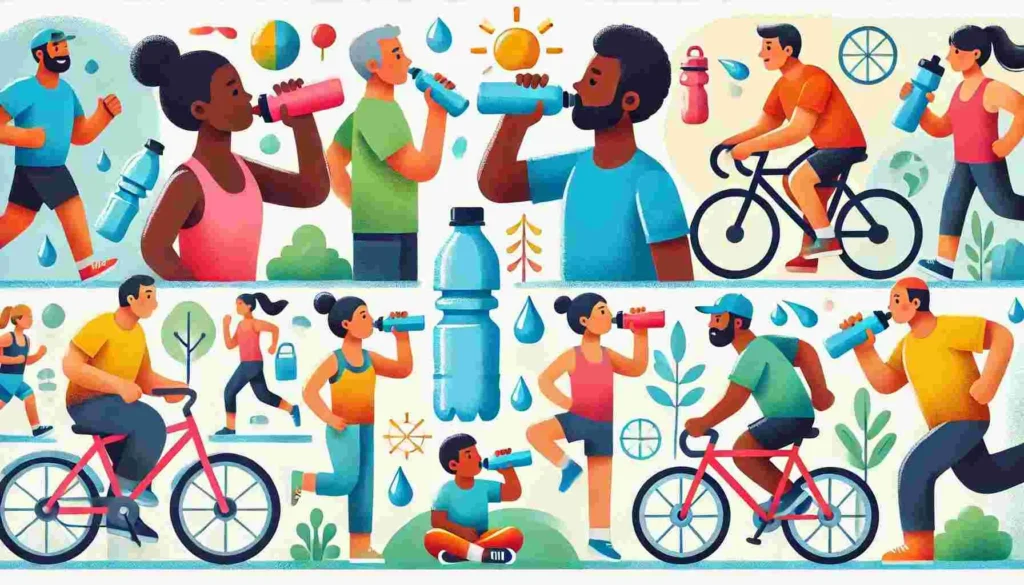
The Role of Hydration in Weight Management
Why Staying Hydrated Matters More Than You Think
Water is often overlooked in weight management discussions, but it plays a critical role in maintaining a healthy weight. When you think of weight loss, you might immediately think of exercise or calorie counting, but hydration is the silent hero that keeps your body functioning optimally.
Your body is made up of 60% water, and nearly every process — from digestion to fat metabolism — relies on adequate hydration. Staying hydrated can influence your energy levels, appetite, and even how effectively you burn calories. Let’s dive into how water can help you on your weight management journey.
Water and Metabolism: A Natural Booster
If you’re looking for a simple way to give your metabolism a boost, start with water. Drinking water can temporarily increase your metabolic rate. This phenomenon, known as water-induced thermogenesis, occurs because your body has to work to warm the water to body temperature.
How Much Does Water Boost Metabolism?
Studies show that drinking 500 ml (about 17 ounces) of water can increase metabolic rate by 24-30% for about 60 minutes. While this might not seem like a dramatic change, consistent hydration throughout the day can add up, helping you burn more calories effortlessly.
Tip: Drink cold water if you can tolerate it. Your body works harder to warm cold water, which may slightly increase the calories burned.
Drinking Water Before Meals Helps You Eat Less
One of the simplest tricks for weight management is to drink a glass of water before meals. Why does this work? Water fills up your stomach, making you feel fuller and reducing your urge to overeat.
Water and Calorie Reduction
Research has found that drinking 500 ml (about 2 cups) of water before meals can lead to consuming 75-90 fewer calories per meal. If you’re eating three meals a day, that’s a reduction of 225-270 calories per day — simply by staying hydrated.
This habit can be especially effective for older adults who might not always recognize thirst cues and can confuse them with hunger.
Signs You Might Be Confusing Thirst with Hunger
It’s common to mistake thirst for hunger, which can lead to unnecessary snacking and weight gain. How can you tell the difference?
- Cravings for salty foods — This could mean your body is looking for water to balance sodium levels.
- Lack of satisfaction after eating — If you eat but still feel hungry, you might actually be thirsty.
- Dry mouth or lips — A classic sign that you need water, not food.
When in doubt, try drinking a glass of water first. Wait about 10-15 minutes. If you still feel hungry, it’s probably time for a meal.
Hydration Helps Your Body Burn Fat
Water plays a pivotal role in the process of lipolysis — the breakdown of fats. When you’re dehydrated, your body struggles to break down fat cells efficiently. Without enough water, the process slows down, which can hinder your weight loss efforts.
How Lipolysis Works
Lipolysis involves breaking down fat cells into glycerol and fatty acids, which are then used for energy. Water molecules are necessary for this process to work effectively.
By staying hydrated, you’re ensuring your body has the resources it needs to break down fat and support your weight management goals.
Hydration and Physical Performance
When you’re exercising to manage your weight, hydration is key to maximizing performance and endurance. Even mild dehydration can affect your workout:
- Reduced stamina
- Increased fatigue
- Decreased strength
How Much Water Do You Need During Exercise?
A general rule of thumb is to drink about 500 ml (17 ounces) of water 2 hours before exercise. During your workout, aim for 150-200 ml (5-7 ounces) every 20 minutes, especially if you’re sweating heavily.
Post-workout, replenish with another 500 ml (17 ounces) to replace lost fluids and aid muscle recovery.
The Role of Electrolytes in Hydration
If you’re sweating a lot, especially during intense or long workouts, you lose not just water but electrolytes like sodium, potassium, and magnesium. These minerals are essential for:
- Muscle function
- Fluid balance
- Preventing cramps
To stay well-hydrated, consider drinks that replenish electrolytes if you’re engaging in high-intensity workouts or exercising for over an hour.
The Hidden Impact of Sugary Beverages
If you’re trying to manage your weight, what you don’t drink is just as important as what you do drink. Sugary beverages like sodas, energy drinks, and even some fruit juices can add hundreds of empty calories to your diet.
Why Sugary Drinks Sabotage Weight Loss
- High Calorie Content – A typical 12-ounce can of soda contains about 150 calories. If you drink two sodas a day, that’s an extra 300 calories — potentially leading to weight gain over time.
- No Satiety – Liquid calories don’t fill you up the way solid foods do, making it easier to overconsume.
- Spikes in Blood Sugar – Sugary drinks cause rapid spikes and crashes in blood sugar, which can lead to increased cravings and overeating.
Healthy Swaps for Sugary Drinks:
- Infused Water – Add slices of lemon, cucumber, or mint for flavor.
- Sparkling Water – A bubbly alternative without the sugar.
- Herbal Teas – Enjoy them hot or iced for variety.
Hydration and Mental Clarity: The Mind-Body Connection
When it comes to weight management, your mind is just as important as your body. Staying hydrated doesn’t just influence physical health — it also impacts mental clarity, mood, and focus. All these factors play a role in your ability to stick with healthy habits.
How Dehydration Affects Mental Performance
Even mild dehydration — as little as 1-2% fluid loss — can impair cognitive function. You may experience:
- Brain fog or lack of focus
- Mood swings or irritability
- Headaches or dizziness
- Decreased motivation to exercise
These symptoms can derail your weight management efforts by making it harder to plan meals, resist cravings, or commit to workouts. By staying hydrated, you’re setting yourself up for success.
Water and Stress Reduction
Stress is one of the biggest obstacles to maintaining a healthy weight. When you’re stressed, your body releases cortisol, a hormone that can increase hunger and encourage fat storage, particularly around the belly.
Drinking enough water helps:
- Reduce cortisol levels
- Enhance relaxation
- Support overall mental well-being
Next time you feel overwhelmed, try drinking a glass of water. It’s a simple step that may help calm your mind and body.
How Hydration Supports Healthy Sleep Patterns
Did you know that hydration can influence your sleep quality? Good sleep is critical for weight management because it:
- Regulates hunger hormones like ghrelin and leptin.
- Boosts metabolism and energy levels.
- Reduces cravings for high-calorie foods.
The Link Between Hydration and Sleep
Dehydration can lead to poor sleep quality by causing:
- Leg cramps or muscle spasms.
- Dry mouth and nasal passages, leading to snoring or discomfort.
- Increased heart rate, which can make it hard to fall asleep.
On the flip side, drinking too much water right before bed can lead to nighttime trips to the bathroom, disrupting your sleep. The key is to balance your water intake throughout the day and taper off in the evening.
Tip: Aim to drink your last glass of water about 1-2 hours before bedtime.
Hydration and Weight Loss Plateaus
If you’ve hit a weight loss plateau, dehydration could be one of the culprits. When your body isn’t getting enough water, several processes slow down, including:
- Metabolism and fat burning
- Digestion and nutrient absorption
- Detoxification and waste removal
Breaking Through the Plateau with Water
To jumpstart your progress, try these hydration strategies:
- Track Your Water Intake – Aim for at least 2-3 liters (8-12 cups) a day, depending on your activity level and climate.
- Add Hydrating Foods – Incorporate water-rich foods like cucumbers, watermelon, oranges, and leafy greens.
- Drink Water First Thing in the Morning – Start your day with a glass of water to kickstart your metabolism.
Hydration Mistakes to Avoid
Even with the best intentions, it’s easy to make hydration mistakes. Let’s explore some common pitfalls and how to avoid them.
1. Drinking Only When Thirsty
Relying solely on thirst can leave you perpetually behind on hydration. Thirst is a late indicator of dehydration, especially for:
- Older adults whose thirst mechanisms may be less sensitive.
- Athletes who lose fluids rapidly during exercise.
Make it a habit to sip water regularly, even if you don’t feel thirsty.
2. Ignoring Hydration in Cold Weather
It’s easy to remember to drink water when it’s hot, but hydration is just as important in cold weather. Cold air is dry, and your body loses water through respiration and skin evaporation. Be mindful to stay hydrated year-round.
3. Drinking Too Many Diuretics
Caffeinated drinks like coffee and tea, while hydrating, have a mild diuretic effect, meaning they increase fluid loss through urine. If you rely heavily on caffeine, balance it out with extra water to stay hydrated.
4. Overhydrating
Yes, you can drink too much water. Overhydration, or water intoxication, can lead to low sodium levels (hyponatremia), which can be dangerous. This is rare but can happen if you drink excessive amounts in a short period.
Tip: Listen to your body and aim for a balanced intake — typically 8-12 cups a day for most adults.
Practical Daily Hydration Plan
To make staying hydrated easier, here’s a simple daily hydration plan you can follow:
Morning
- Upon Waking: 1 glass of water (250 ml) to kickstart metabolism.
- Breakfast: 1 glass of water (250 ml).
Mid-Morning
- 1 glass of water (250 ml) to stay energized.
Lunch
- 1 glass of water (250 ml) before your meal to curb overeating.
- 1 glass during your meal (sip slowly).
Afternoon
- 1 glass of water (250 ml) to beat the afternoon slump.
Pre-Workout
- 1 glass of water (250 ml) 30 minutes before exercise.
Post-Workout
- 1 glass of water (250 ml) to replenish lost fluids.
Dinner
- 1 glass of water (250 ml) before your meal.
- Limit fluids an hour before bed.
Hydration and Lifestyle Changes for Long-Term Success
Hydration works best when combined with other healthy lifestyle habits. To maximize the benefits of water for weight management, incorporate these practices:
- Balanced Diet – Prioritize whole foods like fruits, vegetables, lean proteins, and healthy fats.
- Regular Exercise – Stay active with a mix of cardio, strength training, and flexibility exercises.
- Mindful Eating – Listen to your body’s hunger and fullness cues.
- Consistent Sleep Schedule – Aim for 7-9 hours of quality sleep per night.
- Stress Management – Practice relaxation techniques like meditation, deep breathing, or yoga.
